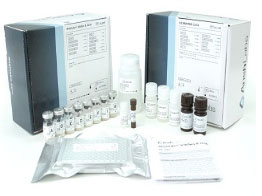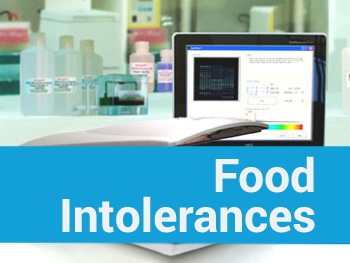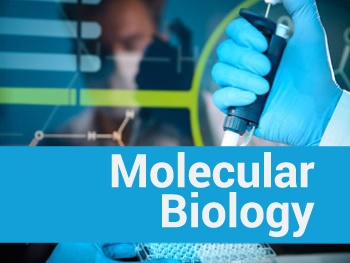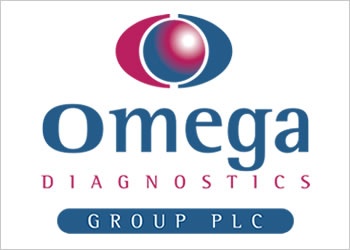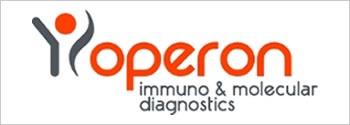Ultrasensitive AMH – AL 105 – 96 test
| Method | quantitative three-step sandwich immunoassay |
| Assay time | 2.5 hours total at room temperature |
| Detection Range | 0, 0.08-14ng/ml – 6 points |
| Sensitivity | 23 pg/ml |
| Sample Quantity | 25 µL |
| Sample type | Serum, Plasma |
| Shelf life | 18 months |
Anti-Mullerian hormone is a 140 kDa glycoprotein that is produced during normal embryogenesis by the Sertoli cells of the embryonic testis. It causes the involution of the Mullerian duct, and inhibits female gonadogenesis by producing apoptosis of target gonadal cells. It belongs to the transforming growth factor-β super family. AMH causes apoptosis of specific Mullerian inhibiting substance (MIS) receptor-bearing cells, while having no effect on cells without receptors.
Inhibin B – AL 107 – 96 test
| Method | quantitative three-step sandwich immunoassay |
| Assay time | 3.5 hours total at room temperature |
| Detection Range | 0, 10-1,200 pg/ml – 6 points |
| Sensitivity | 7,23 ng/ml |
| Sample Quantity | 50 µL |
| Sample type | Serum, Plasma |
| Shelf life | 18 months |
Inhibin B is a dimeric hormone that is composed of alpha (α) and beta B (βB) subunits. The free alpha subunits usually do not have any physiological effect. Therefore, the bioactivity of the inhibins depends on the formation of a dimeric α-β structure, and only dimeric forms of inhibins are biologically active. Inhibins are protein hormones secreted by granulosa cells of the ovary in the female and sertoli cells of the testis in the male. They selectively suppress the secretion of pituitary follicle stimulating hormone (FSH) and also have local paracrine actions in the gonads. Inhibin B levels have been reported in sertoli cell function (potential marker for spermatogenesis and testicular function), ovarian reserve and granulosa cell tumors.
For more information please contact us.


